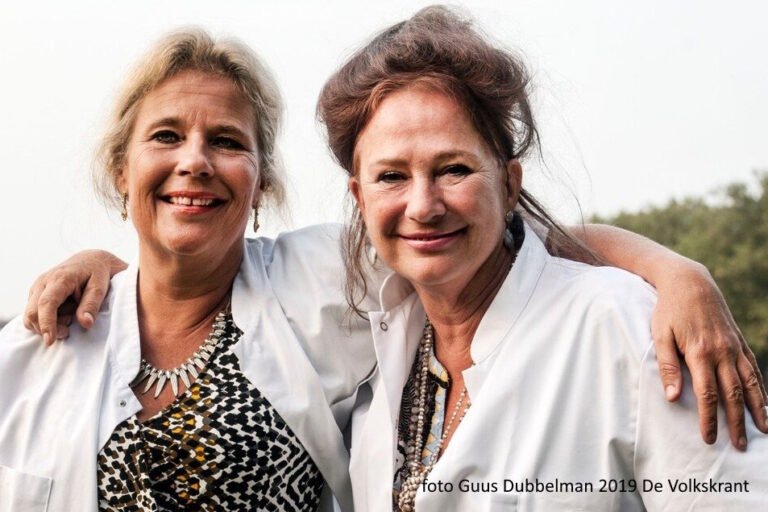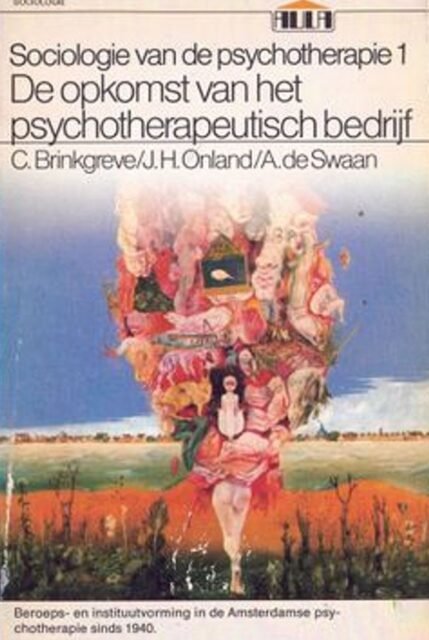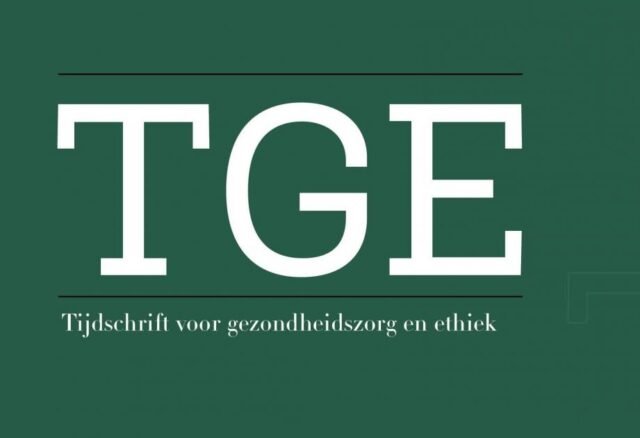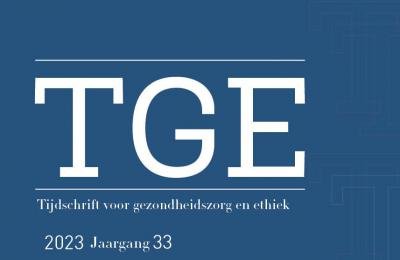Vaak heb ik me afgevraagd hoe het komt dat er in praktijken van gezondheidsbevordering niet eerder, niet meer ‘Wanda de Kanters‘ zijn opgestaan. Hoe komt het dat, na decennia van gezondheidsbevordering, gezondheidsongelijkheid niet is verminderd?
We hebben Nederlandse handboeken Gezondheidsbevordering geanalyseerd, boeken waar vele generaties professionals en onderzoekers mee zijn opgeleid. Onze analyse laat zien dat het curriculum van gezondheidsbevordering een specifieke morele grammatica heeft. Studenten leren om door een individualistische bril naar gezondheidsproblemen te kijken en dat cognitieve gedragsinterventies de oplossing zijn.
Ze leren om ‘ongezonde risicogroepen’ niet voor vol aan te zien. En ze leren een uitgesproken passieve houding tegenover institutionele actoren zoals de overheid en de voedings- en tabaksindustrie. Die worden voorgesteld als te machtig om de tanden in te zetten. Deze opleidingen brengen dus geen Wanda de Kanters voort.
De analyse van de taal, de beelden en de moraal van ‘evidence based’ gezondheidsbevordering laat zien hoe dit vak gezondheidsongelijkheid heeft versterkt. Let wel, deze handboeken worden nog steeds in veel opleidingen gebruikt!
Highlights
- Statistics show that socioeconomic inequalities in Western Europe are persistent.
- The role of Health Promotion’s key assumptions, theories and methods in this problem is not yet considered.
- We studied the paradigm of Dutch Health Promotion through handbooks used in Dutch graduate Health Promotion education.
- Dutch Health Promotion professionals have been socialised into an individualistic, top-down, interventionist paradigm.
- Health Promotion’s paradigm impoverishes relationships with publics and obstructs the reduction of health inequalities.
Abstract
Health inequalities are a central concern within the field of health promotion. Yet, for over four decades, research has consistently shown that socioeconomic health inequalities in Western Europe persist and, on some measures, even have widened. Explanations are typically sought in the behaviours or personal characteristics of ‘unhealthy populations’ or in neoliberal policies.
However, the role that health promotion itself, through its central theories, methods and assumptions, plays in the persistence of health inequalities is rarely considered. This study addresses this gap: it explores how health promotion’s paradigm informs professionals to reduce health inequalities. Since paradigms are conveyed through handbooks, we conducted a qualitative content analysis of multiple editions of three key handbooks used in Dutch graduate health promotion education, published between 1995 and 2022. Using Science and Technology Studies’s notion ‘paradigm’ and the theoretical lens of formal, hidden, and null curricula from Critical Education Studies, we show that Dutch health promotion professionals have been socialised into a remarkably consistent paradigm for three decades.
This paradigm, which draws heavily from socio-cognitive psychological models, teaches professionals to prioritise individual behaviour change and not to challenge sociopolitical actors whose actions contribute to ill-health. Justifications remain limited to considerations such as convenience, ease and cost-effectiveness.
The handbooks that convey this paradigm continue to be used in Dutch graduate education, training the health promotion professionals of the future. We argue that, at least in the Netherlands, the prevailing paradigm of health promotion is a significant, yet overlooked, factor in the persistence of health inequalities.
Het hele verhaal staat hier: https://www.sciencedirect.com/science/article/pii/S2667321525000113?via%3Dihub
1-s2.0-S2667321525000113-main






